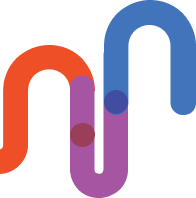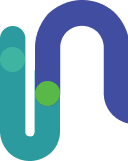

Education is one of the key areas impacted by digital media in Germany. From early childhood education to higher education and vocational training, digital tools are transforming the way students learn and teachers teach. According to the latest research, German schools and daycare centers are increasingly integrating digital media into their curricula. https://www.pedocs.de/volltexte/2024/28381/pdf/Middendorf_2024_PISA_2022_und_die_Integration.pdf

Photo by olia danilevich: https://www.pexels.com/photo/ipad-paper-clips-and-erasers-flatlay-5088022/
For example, the Bavarian pilot project offers practical resources for daycare centers, ensuring that even the youngest children are being introduced to digital media in safe, educational environments. Similarly, the Federal Office for Information Security (BSI) is working to ensure that all apps used in these settings comply with GDPR standards, making sure children's data is protected. https://www.familienland.bayern.de/bayerns-familienpolitik/familie-medien/index.php
However, challenges remain, particularly in terms of infrastructure and teacher training. Many teachers are enthusiastic about the potential of digital tools but often feel under-equipped to fully integrate them into their classrooms. Surveys reveal that educators call for better training and improved equipment to make the most of digital media in education.
Germany's 'Digital Pact for Schools' provides an opportunity to address these issues. By investing in technology for schools and providing support for teachers, the pact aims to create a more inclusive, future-ready educational system. The role of digital media in education will continue to grow, and with it, the opportunity to provide more equitable access to quality education. https://www.pedocs.de/volltexte/2022/25826/pdf/Wilmers_et_al_2022_Bildung_im_digitalen_Wandel.pdf